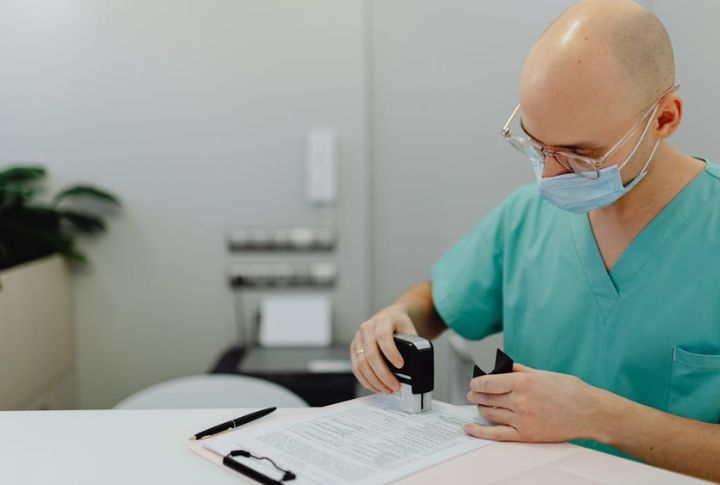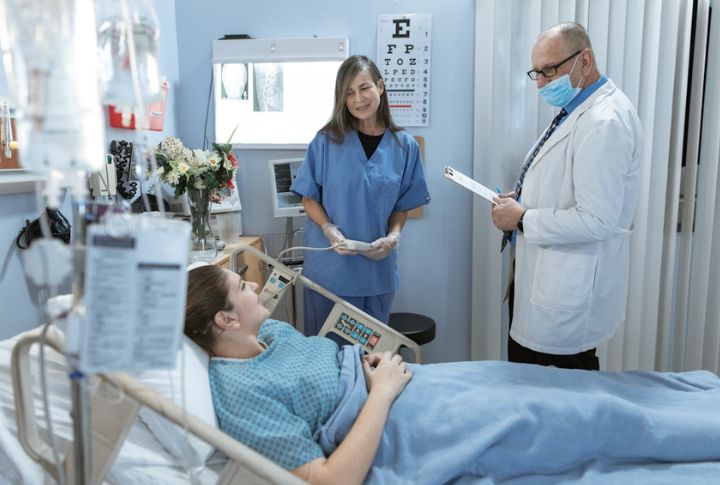
Clear communication can mean the difference between months of confusion and a fast, accurate diagnosis. But here’s the truth: doctors often listen better when patients speak with confidence, clarity, and preparation. To help you avoid misdiagnoses, here are 10 proven strategies that will make your next appointment more productive. Because when you know what to say, your doctor starts to really hear you.
Track Your Symptoms In Detail

Detailed symptom tracking can support your case during medical visits. In fact, doctors often rely on such records for accurate diagnoses. Some patients receive faster answers just by keeping consistent notes. Plus, consider using trusted apps like Cara Care or Bearable. A clear timeline may reveal what a doctor initially missed.
Ask Specific, Direct Questions

Ever leave the doctor’s office more confused than before? That happens a lot with open-ended questions. Instead, try being specific. Asking direct questions like “What are you ruling out?” can get clearer answers. Fun fact: Doctors are actually trained to respond better to clear symptom descriptions. It really makes a difference.
Keep A Copy Of Your Medical Record

Start by requesting your medical record. Under HIPAA, you have the legal right to access them, and most providers make them available online. Once you have the full file, go through it carefully. Patients usually miss key details or give incomplete histories. For second opinions, accurate records can make all the difference.
Bring A Support Person To Your Appointment

Bring a friend or family member along. That person can step in as your advocate and help track what’s said. Doctors tend to communicate more clearly when someone else is present. Also, memory recall improves noticeably. Having support isn’t just helpful; it’s a smart, proven step to take.
Request A Second Opinion

One doctor’s answer doesn’t have to be the final word. A second opinion can confirm what you’ve heard or flip the diagnosis entirely. Some people uncover rare conditions this way. Plus, insurance often covers it, especially for serious concerns. And yes, second opinions sometimes lead to better, more accurate treatment paths.
Use Assertive But Respectful Communication

It’s okay to speak up; you’re not being rude by being clear. Assertiveness actually helps doctors understand your needs better. Just keep your tone respectful, so you don’t sound defensive. Assertiveness is something patient advocates get trained in. Bonus? It can boost your chances of getting that referral or test.
Document Every Appointment

Write down what happens during every appointment. Include what the doctor said, what you asked, and any next steps. Notes can help track accuracy and make follow-ups easier. If needed, recordings (with consent) capture instructions word for word. These records also come in handy for insurance claims or formal complaints.
Research Your Symptoms Responsibly

Researching symptoms from reliable sites such as the Mayo Clinic or the NIH enables patients to communicate more effectively with doctors. It also supports earlier detection of rare diseases. However, excessive online searching may lead to cyberchondria, a type of health anxiety. Responsible research leads to productive conversations without increasing unnecessary fear.
File A Formal Complaint If Needed

If a doctor crosses the line or keeps brushing you off, you don’t have to stay silent. Hospitals and medical boards have official complaint channels, and many even accept anonymous submissions. Reporting serious issues can lead to reviews and real change. As a result, repeated complaints even increase the odds of disciplinary action.
Know When To Change Doctors

Switching doctors may be necessary for better treatment. Low patient satisfaction or weak communication are clear warning signs. In fact, trust and communication are key measures of care quality. Some platforms now allow digital changes, making the process quicker. But if you stay with the wrong doctor, it will only delay your progress or cause more stress.

